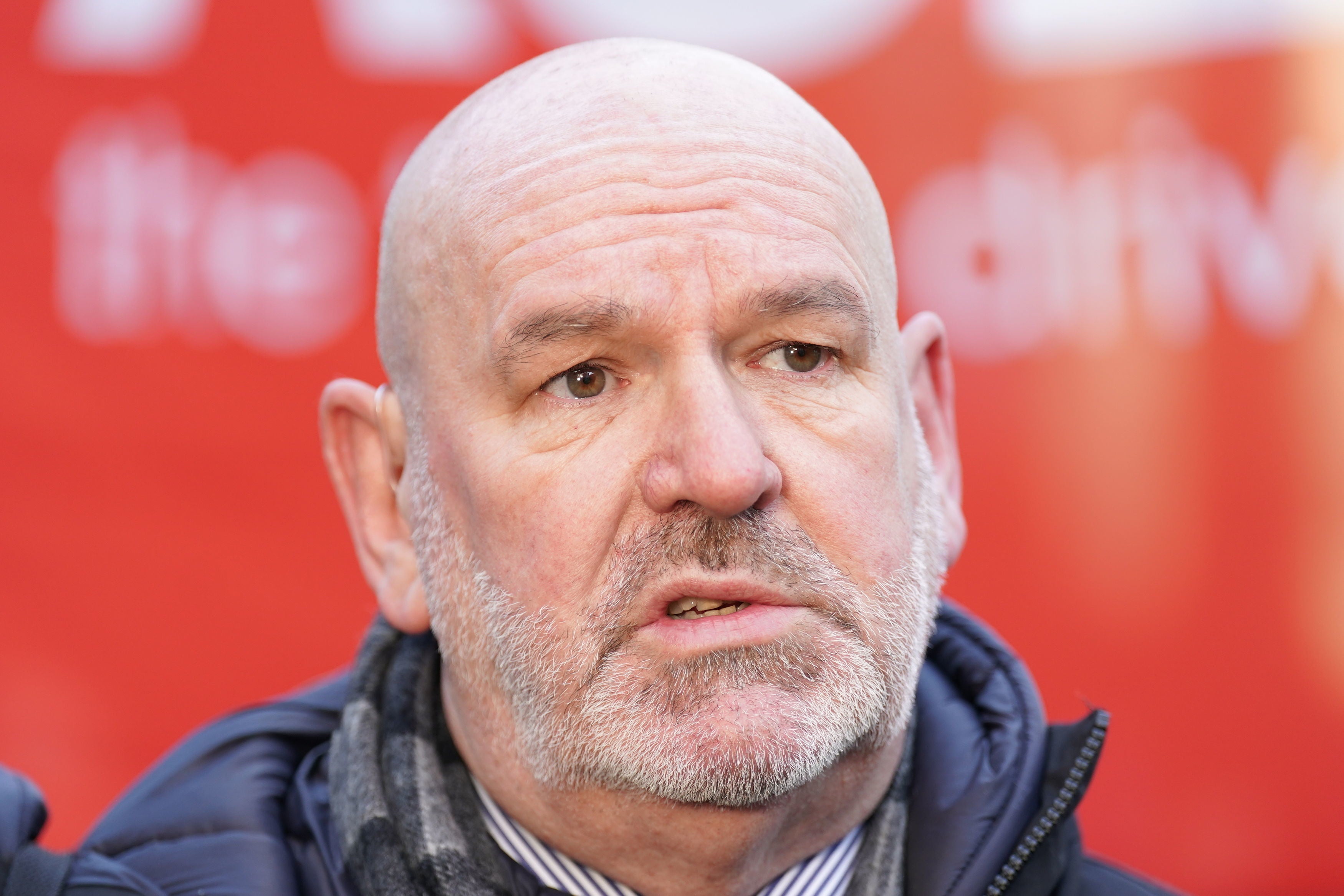Train strikes to hit FA Cup final in fresh wave of action over pay
Aslef union hits out at ‘risible’ pay offer

Train drivers are to stage fresh strikes – including the day of the FA Cup Final – in the long-running dispute over pay.
Their union Aslef said the walkouts will take place across three days in May and June.
The union said it had rejected a “risible” pay offer from the 16 train companies involved in the dispute, which it said had not offered salary increases to their drivers since 2019.
In a statement, Aslef general secretary Mick Whelan said: “Our executive committee met this morning [Thursday] and rejected a risible proposal we received from the RDG, a pressure group which represents some of the train companies, and lobbies on their behalf, late on Wednesday afternoon.
“The proposal – of just 4 per cent – was clearly not designed to be accepted as inflation is still running north of 10 per cent and our members at these companies have not had an increase for four years.”
“The RDG, in turn, rejected our proposals to modernise Britain’s railways and help them run more efficiently, for passengers and for businesses, in the 21st century.”

As a result, Mr Whelan said Aslef was announcing fresh strikes on Friday 12 May, Wednesday 31 May and when Wembley hosts Manchester City and Manchester United on 3 June.
“We are also withdrawing non-contractual overtime from Monday 15 to Saturday 20 May inclusive, as well as on Saturday 13 May and Thursday 1 June,” he added.
The strike will affect services across the country, including key routes in and out of London including Avanti West Coast, Great Western Railway, Greater Anglia, Thameslink, London North Eastern Railway, Southeastern, Southern, and South Western Railway.
Chiltern Railways, CrossCountry, East Midlands Railway, GTR Great Northern Thameslink, Northern Trains, South Western Railway, SWR depot drivers, SWR Island Line, TransPennine Express, and West Midlands Trains will also be impacted by the walkouts.
Aslef said its negotiating team had met representatives of the employers on eight occasions over the past year to try to find a resolution to the long-running dispute.
The union said it took eight one-day strikes to bring the train operators and the government “to their senses and persuade them to sit down and talk properly”.
Mr Whelan added: “We do not want to go on strike, we do not want to inconvenience passengers, we have families and friends who use the railway, too, and we believe in investing in rail for the future of this country but the blame for this action lies, fairly and squarely, at the feet of the employers who have forced our hand over this by their intransigence.
“It is now up to them to come up with a more sensible, and realistic, offer and we ask the government not to hinder this process.”






Join our commenting forum
Join thought-provoking conversations, follow other Independent readers and see their replies
Comments